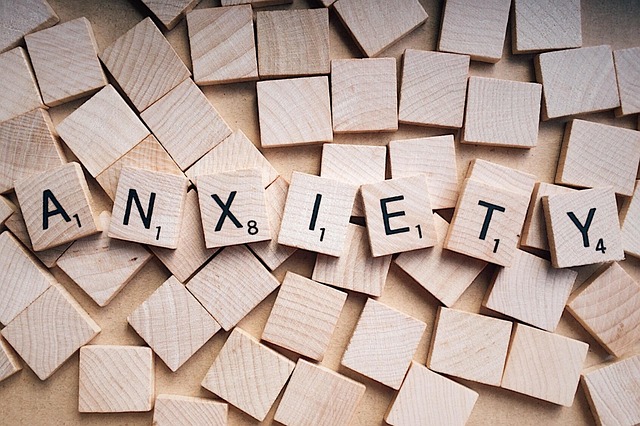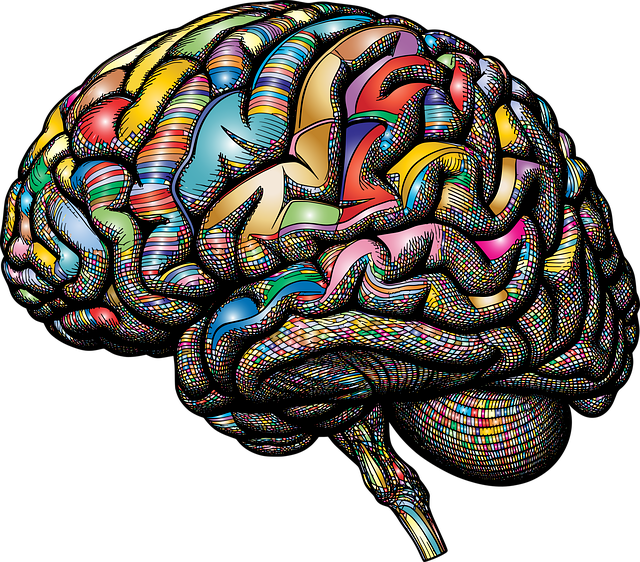Emotion regulation, as taught by Lafayette Anxiety Therapy, is a vital skill for managing feelings and responses in various situations, preventing emotions from controlling actions. It's key for mental well-being, strong relationships, and achieving personal goals, reducing anxiety's impact while intensifying positive emotions. Techniques like mindfulness, deep breathing, and physical activity, combined with self-awareness exercises, journaling, cognitive reframing, and group therapy, promote emotional balance and community connection. Incorporating Lafayette Anxiety Therapy into daily life significantly enhances mental well-being through self-awareness and effective emotion regulation.
Emotion regulation is a powerful tool for enhancing mental well-being and fostering resilience. This article explores techniques that teach individuals to manage their emotions effectively, offering a practical guide to improving mental health. We delve into the benefits of emotion regulation, providing insights on how it can reduce anxiety and stress. Additionally, we introduce Lafayette Anxiety Therapy methods, offering a structured approach to incorporating these strategies into daily life for lasting impact.
- Understanding Emotion Regulation and its Benefits
- Techniques for Effective Emotion Regulation
- Incorporating Emotion Regulation Techniques in Everyday Life: A Practical Guide using Lafayette Anxiety Therapy Methods
Understanding Emotion Regulation and its Benefits

Emotion regulation is a vital skill that enables individuals to navigate their feelings and responses to various situations effectively. It involves recognizing, understanding, and managing emotions in a healthy way, ensuring they don’t overwhelm or control one’s actions. This process is crucial for maintaining mental well-being, fostering strong relationships, and achieving personal goals. By learning to regulate emotions, folks can reduce the intensity of negative feelings like anxiety (a common focus for Lafayette Anxiety Therapy) and enhance their ability to embrace positive emotions, thereby improving overall quality of life.
Understanding emotion regulation offers significant benefits, including better stress management, improved decision-making, and enhanced resilience in the face of challenges. It also facilitates positive thinking and helps individuals develop effective coping strategies for crisis intervention guidance. Moreover, it contributes to mood management, allowing people to maintain a balanced emotional state, even during turbulent times.
Techniques for Effective Emotion Regulation

Emotion regulation techniques are crucial tools for managing and mitigating intense feelings, particularly in individuals dealing with anxiety or other mental health challenges. One effective strategy is practicing self-care practices such as mindfulness meditation, deep breathing exercises, and engaging in regular physical activity, which have been shown to reduce symptoms of anxiety and promote emotional balance (Lafayette Anxiety Therapy). Incorporating these activities into daily routines can help individuals gain a better understanding of their emotions and develop healthier coping mechanisms.
Moreover, self-awareness exercises play a significant role in emotion regulation. Journaling, for instance, allows one to introspect and identify triggers, while cognitive reframing helps shift negative thought patterns. Combining these practices with support from a community outreach program implementation can foster a sense of belonging and provide additional resources for managing emotions effectively (Lafayette Anxiety Therapy). Such programs often offer group therapy sessions, peer support, and educational workshops, enhancing the overall well-being of individuals seeking to regulate their emotions in a holistic manner.
Incorporating Emotion Regulation Techniques in Everyday Life: A Practical Guide using Lafayette Anxiety Therapy Methods

Incorporating emotion regulation techniques into daily life can greatly enhance mental well-being. The Lafayette Anxiety Therapy methods offer a practical and effective framework for managing emotions and reducing anxiety. By learning these strategies, individuals can develop a deeper understanding of their emotional triggers and responses, empowering them to make conscious choices in how they react to various situations. This approach encourages self-awareness, a key component in mastering mood management.
Lafayette Anxiety Therapy focuses on evidence-based techniques such as mindfulness exercises, cognitive reframing, and relaxation practices. These tools facilitate emotional healing processes by promoting a sense of calm and helping individuals challenge negative thought patterns. Additionally, empathy building strategies are integral to this therapy, fostering understanding and connection between individuals, which is crucial for overall emotional health.
Emotion regulation is a powerful tool for enhancing mental well-being and overall quality of life. As discussed, techniques like those offered by Lafayette Anxiety Therapy provide individuals with practical strategies to manage their emotions effectively. By incorporating these methods into daily routines, people can improve their resilience, reduce anxiety, and foster better relationships. With consistent practice, emotion regulation becomes an intuitive process, allowing for a more balanced and fulfilling life.













